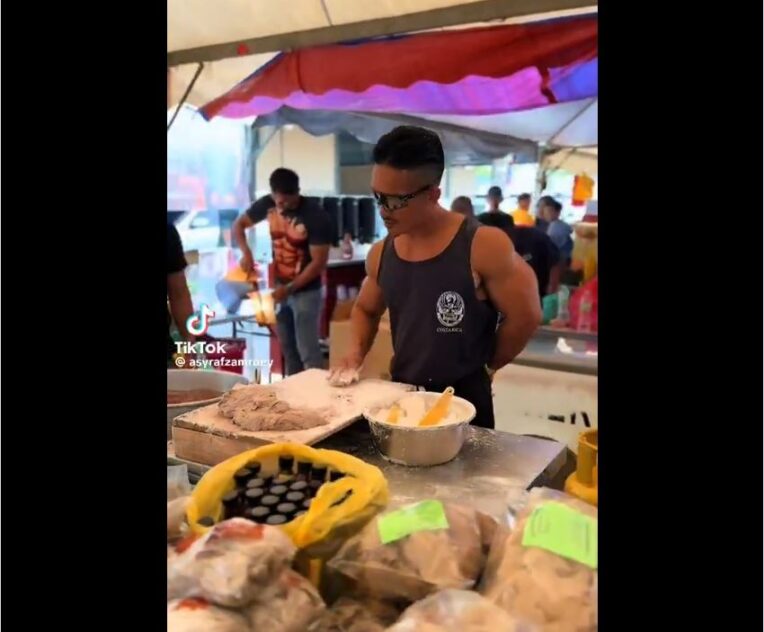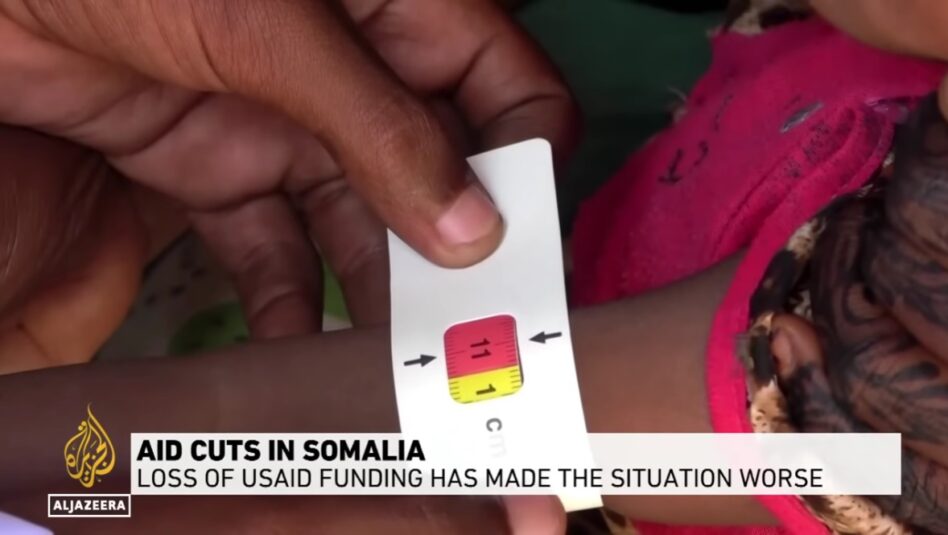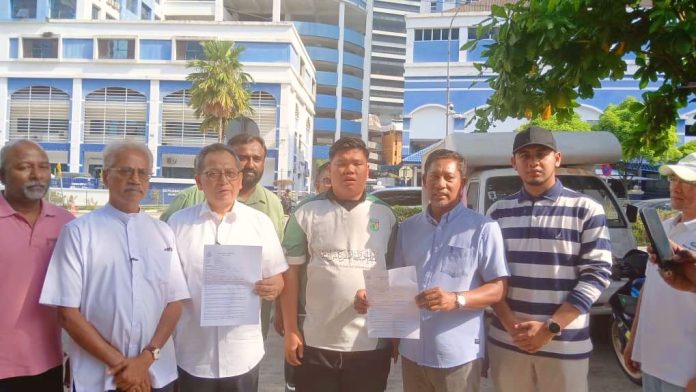By YS Chan
THE term travel agent is a misnomer and has been used in general to describe a travel agency, which is a company, or its owner, or even a senior staff.
However, Tour Operating Business and Travel Agency Business (TOBTAB) regulations have specified what is travel agency business, which was formerly labelled as ticketing.
Hence, travel agencies act as agents for principals such as airlines, hotels, theme parks etc, similar to agents selling policies for insurance companies.
Agents do not create their own products but sell those offered by principals. Before the advent of the internet, agents were indispensable to principals, as it was much cheaper to pay out commissions than staff salaries plus many other overheads to keep branches running.
After desktops, laptops, tablets and smartphones became popular, principals were able to reach out directly to consumers bypassing agents and saving on commissions. For travel agents, this happened in 2008 when airlines stopped paying commissions.
This forced travel agencies to charge service fee which customers did not take kindly and many learned to book directly with airlines and hotels after comparing prices in the comfort of their own homes or offices.
Although travel agencies may also act as tour agents for other companies, airline tours and cruises, the scope for agents is rather limited. Hence, most companies in the travel trade depend largely on tours.
Tourism had been the buzzword since the first Visit Malaysia Year was held in 1990 and followed in 1994, 2007 and 1994, with the last one scheduled for 2020 but was cancelled due to the pandemic.
After the announcement of the Malaysia Tourism Transformation Plan in 2011 targeted at attracting 36 million foreign tourist arrivals and earning RM168 bil in tourism receipts by 2020, many people jumped on the tourism bandwagon.
But those that set up travel agencies have little knowledge about tourism as the combined revenue of more than 5,000 travel and tour companies nationwide constituted less than 2% of the tourism cake.
In 2019, more than 98% of the RM240.2 bil from domestic, inbound and outbound tourism expenditures went to retail trade, food and beverage, specific tourism services, accommodation, culture, sport, recreational, passenger transport, and automotive fuel.
Overwhelming number of domestic visitors drove their own vehicles and spent more than RM13.6 bil on petrol or diesel, which was the second highest component in domestic tourism expenditure after shopping at RM34.8 bil, followed by food and beverage RM12.8 bil, visited households RM9.8 bil and accommodation RM7.9 bil.
In other words, lifting of inter-district and interstate travel restrictions will largely benefit the main tourism sectors but hardly for travel agencies, particularly those that are nothing more than a middleman that does not add value to the service but extra layer of cost.
Most are into tour operating business, which can be for inbound or outbound. Companies with inbound licence are permitted to accept reservations from incoming tourists before entering Malaysia. Inbound licence holders can also sell and accept payments from anyone in the country, including foreigners, for travel within Malaysia, and these are deemed domestic tours.
Bigger inbound tour companies prefer to employ inhouse tourist guides and operate their own fleet of tour buses and vans for better control. Offering charter services to other operators and organisations increase vehicle utilisation, revenue and profits for the company.
A small percentage of firms with inbound licence concentrate on car rental service by offering self-drive cars and some have counters at airports. The largest car rental companies operate fleet sizes of several thousand vehicles each, with the bulk of the business coming from the corporate sector on long-term rentals.
Some inbound operators ventured into organising meetings, incentives, conferences and exhibitions (MICE) and event management. While a Ministry of Tourism, Arts and Culture (MOTAC) licence may not be necessary to arrange business events, an inbound licence is required when airport transfers and post-conference tours are provided.
Outbound tour operators are permitted to organise and sell tours to overseas, mostly targeting group inclusive tours (GITs) and catering for free independent travellers (FITs). Some are involved in incentive tours to overseas, and tour members can number hundreds, if not thousands, of qualifiers on such all-expenses-paid trips.
Most tour operators had a good year in 2019 and were looking forward to a great 2020 but their hopes were dashed by the global pandemic and travel restrictions in February, with movement control order (MCO) implemented in March.
Initially, only a few tour operators could see the writing on the wall and quickly disposed their assets such as tour buses and stopped operating. Later, others followed suit but found few buyers, even though market values have plunged.
But a sizeable number continued their operations even though there was no revenue and staff have little or nothing to do. Those who received RM600 monthly subsidy from the Government had to spend several times more even after cutting salaries.
Those who managed to obtain loans to survive have piled up more debts, not realising that it will take years instead of months for life and the economy to return to normalcy. Last July, Prime Minister Tan Sri Muhyiddin Yassin disclosed that the Economic Action Council had predicted that the local tourism industry will need four years to recover.
A year ago, I wrote “It is still early to gauge losses in the world’s economy caused by the COVID-19 outbreak until it has peaked, and numbers continued to drop”, sadly, little has changed over the past 12 months.
Foreign tourist arrivals to Malaysia may take a decade to return to 2019 level of 26.1 million. The number may only be a few hundred thousand this year and a few million in each of the coming years.
The days of mass tourism is over and mediocre industry players are bound to fall by the wayside.
Tour operators must offer niche products to tourists with special interests. This segment is small but lucrative and can only be tapped by the best in the business. – Feb 10, 2021
YS Chan is Asean Tourism Master Trainer for travel agencies, master trainer for Travel & Tours Enhancement Course and Mesra Malaysia (both programmes under Ministry of Tourism, Arts and Culture). He is also a tourism and transport industry consultant and writer.
The views expressed are solely of the author and do not necessarily reflect those of Focus Malaysia.









